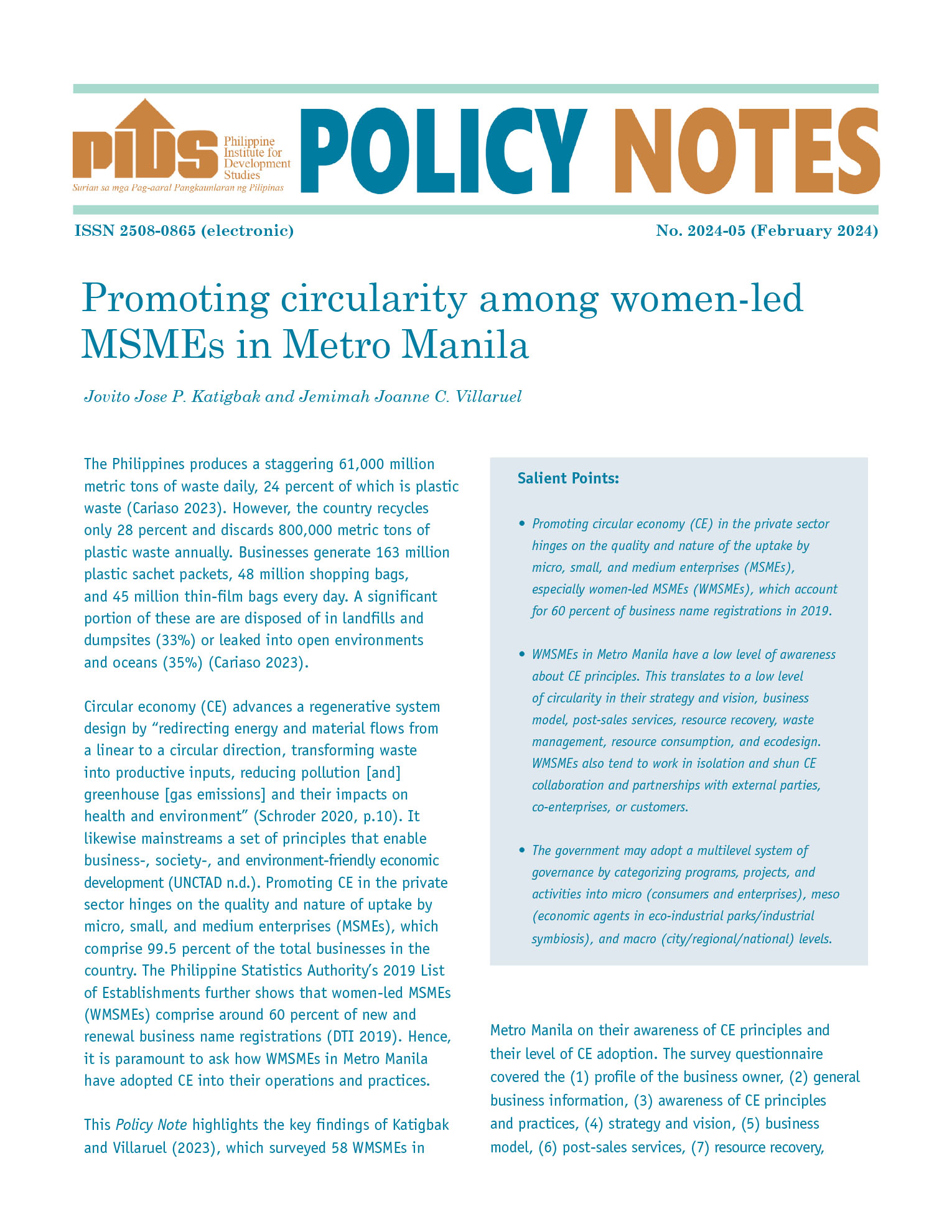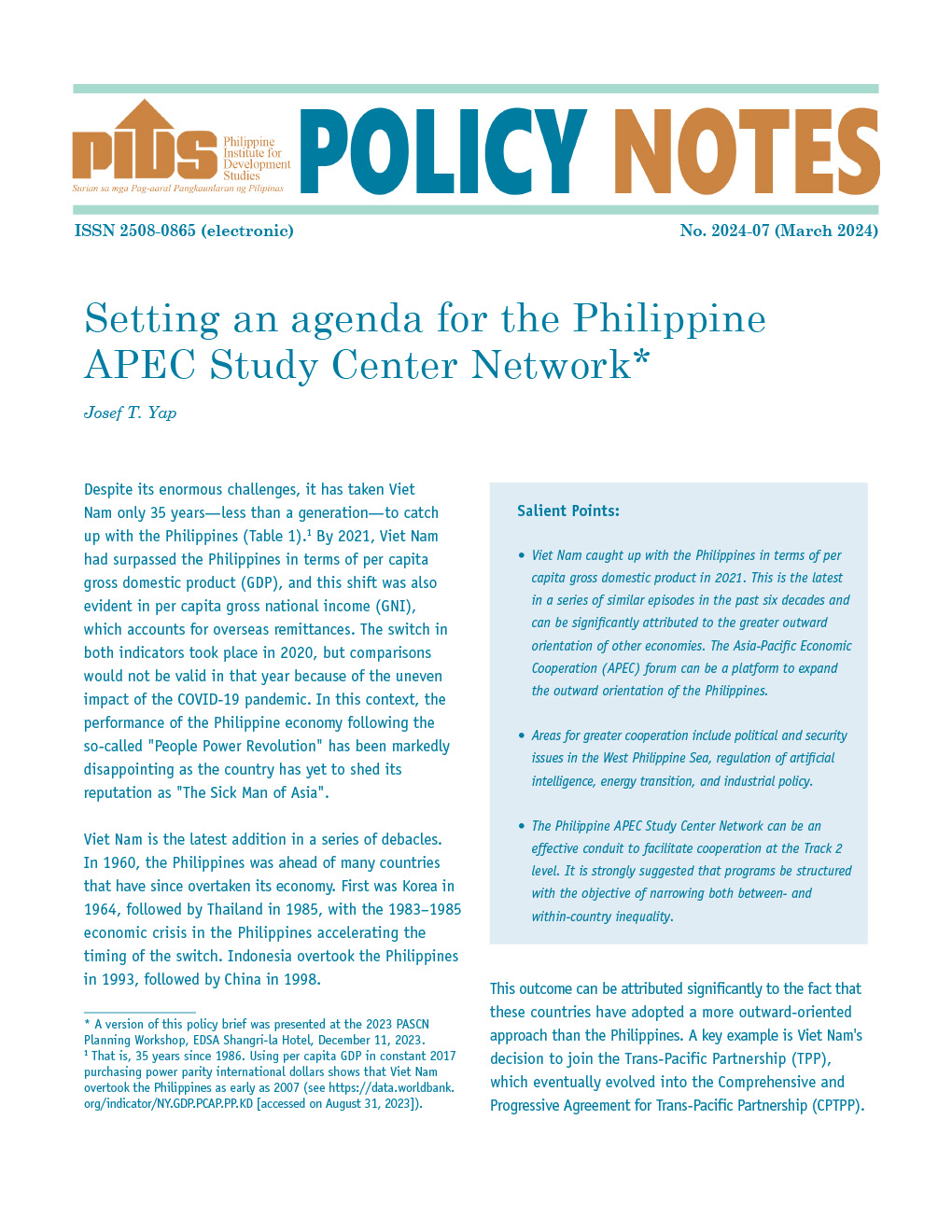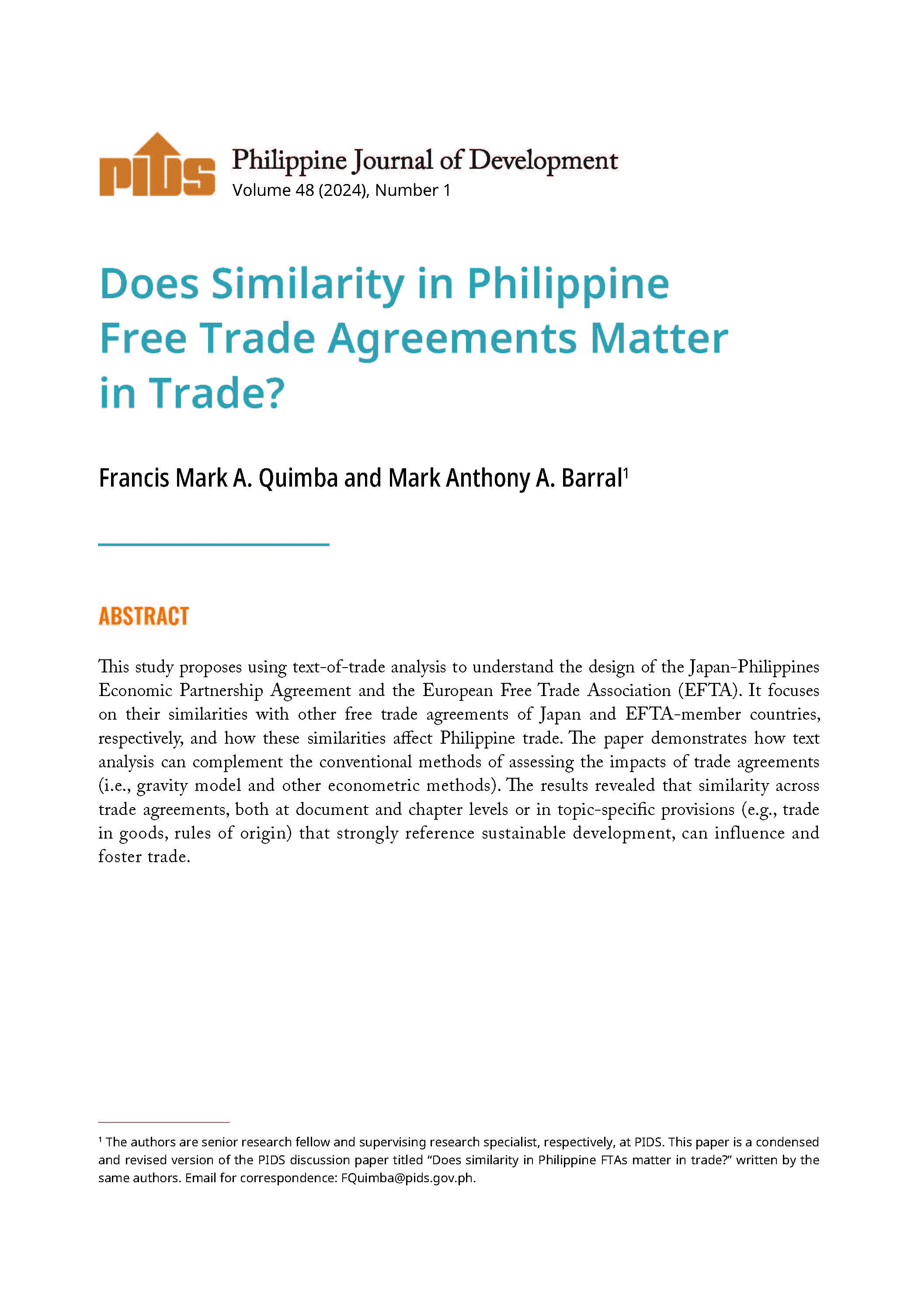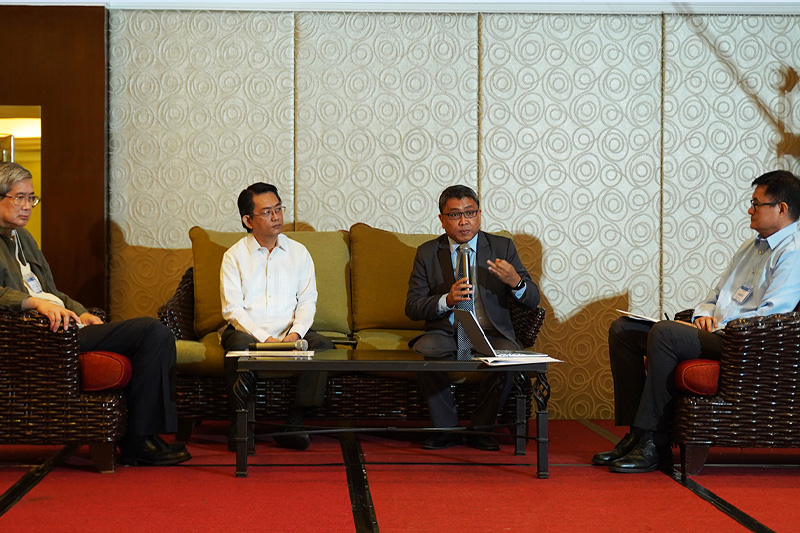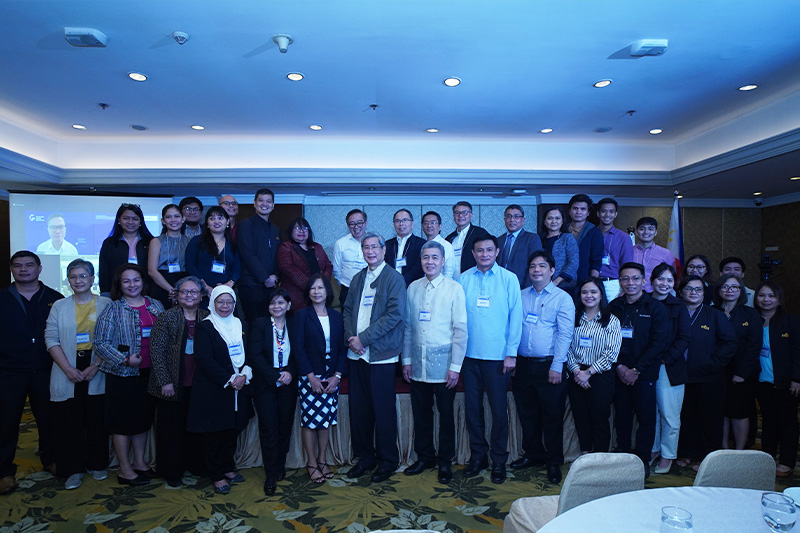The breakdown of negotiations for a new agriculture agreement at the recent World Trade Organization (WTO) ministerial meeting in Argentina would push countries, including the Philippines, to forge more bilateral and regional pacts to expand trade.
As agriculture negotiations at the 11th WTO Ministerial Conference (MC11) ended in deadlock, Philippine Institute for Development Studies senior research fellow Roehlano M. Briones this would encourage both rich and poor countries to push their trade agendas in bilateral or regional agreements.
“This could push more countries to forge bilateral and regional agreements to seek any progress in trade integration. Because, unlike in the WTO, where there are more than 100 countries, in regional agreements like the RCEP [Regional Comprehensive Economic Partnership] there are only few selected countries, which makes it come up with a concrete agreement,” Briones told the BusinessMirror.
“This could result in a greater interest in bilateral deals for the Philippines. The failure of talks at the WTO may renew [parties’] energy to really finish the RCEP in the succeeding rounds of talks,” he added.
WTO Director General Roberto Azevêdo said the 164 member-countries failed to come up with a “firm” ministerial decision on agriculture at MC11, as they expressed divergent views on issues, such as special safeguard mechanism (SSM) and public stockholding.
“I think there was clearly no outcome here on agriculture. Those are very, very difficult issues; we knew that from the very beginning,” Azevêdo said in a news briefing on December 14 (Philippine time).
The Philippines had been pushing for the special safeguard mechanism that would protect its farm products from import surges but this did not merit a draft decision.
In a statement dated December 12, the Philippines said that it is “deeply regretful and disappointed” that there was no draft decision on SSM, despite the priority accorded to it under the Nairobi Declaration of 2015. At the same time, the Philippines stood firm on its decision to reject any substantive decision on agriculture sans the SSM.
“The Philippines reiterates that it could not join any consensus for adopting any draft substantive decision in the absence of a solution on SSM or through an improved SSG [special safeguard]. There simply is no sufficient political basis for us to do so,” the statement read.
The Philippines emphasized that the approval of SSM is vital for its farm sector, as the present SSG “proves to be inefficient and ineffective” to protect its small-scale framers from import surges and price depressions.
Manila said the Philippines’s current trigger price for corn is 5 cents per kilogram (kg), but the import price for the last three years average 31 cents. Another example, it noted, is that the trigger price for pork imports is pegged at $36 per kg compared to $1.65 per kg average price in the past three years.
“The Philippines, therefore, is in dire need of this special dispensation to be able to cushion the impacts of import surges and price declines especially for our very vulnerable sensitive products that are constantly bombarded by exports of highly subsidized products,” the Philippines said.
Azevêdo noted that member-countries have expressed interest to continue talks on agriculture issues in Geneva as MC11 ends.
There’s a clear decision by members that reflected in the outcomes of MC that those negotiations will continue. It couldn’t be any other way because these are very important issues, and they cannot be ignored and left aside,” he said.
“[As] other issues are also popping up, it doesn’t mean [agriculture issues] lose importance. They are still very important and are priority for large number of WTO members,” Azevêdo added.
Azevêdo urged WTO member-countries to show some “flexibility” in order to come up with new agreements on issues affecting the global trade, especially in those that were mandated by previous ministerial conferences.
“It is disappointing that, in some areas, particularly where we have a mandate, we could not get that outcome. We have to continue, we have to persist, and the only way to get an outcome in these very difficult issues is that every side shows flexibility,” he said.
“You cannot expect to get everything you want. You have to engage and have two sides working together trying to, in good faith, get a common ground in an outcome,” he added.
The International Centre for Trade and Sustainable Development (ICTSD) said agriculture talks stumbled as the United States expressed opposition to issues and proposals being pushed by developing countries for agriculture.
“Ministers failed to agree consensus language on future work on agriculture, following US objections to a draft text which delegates had said was initially agreed mid-morning. Sources said that the US had objected to three main areas,” ICTSD said.

